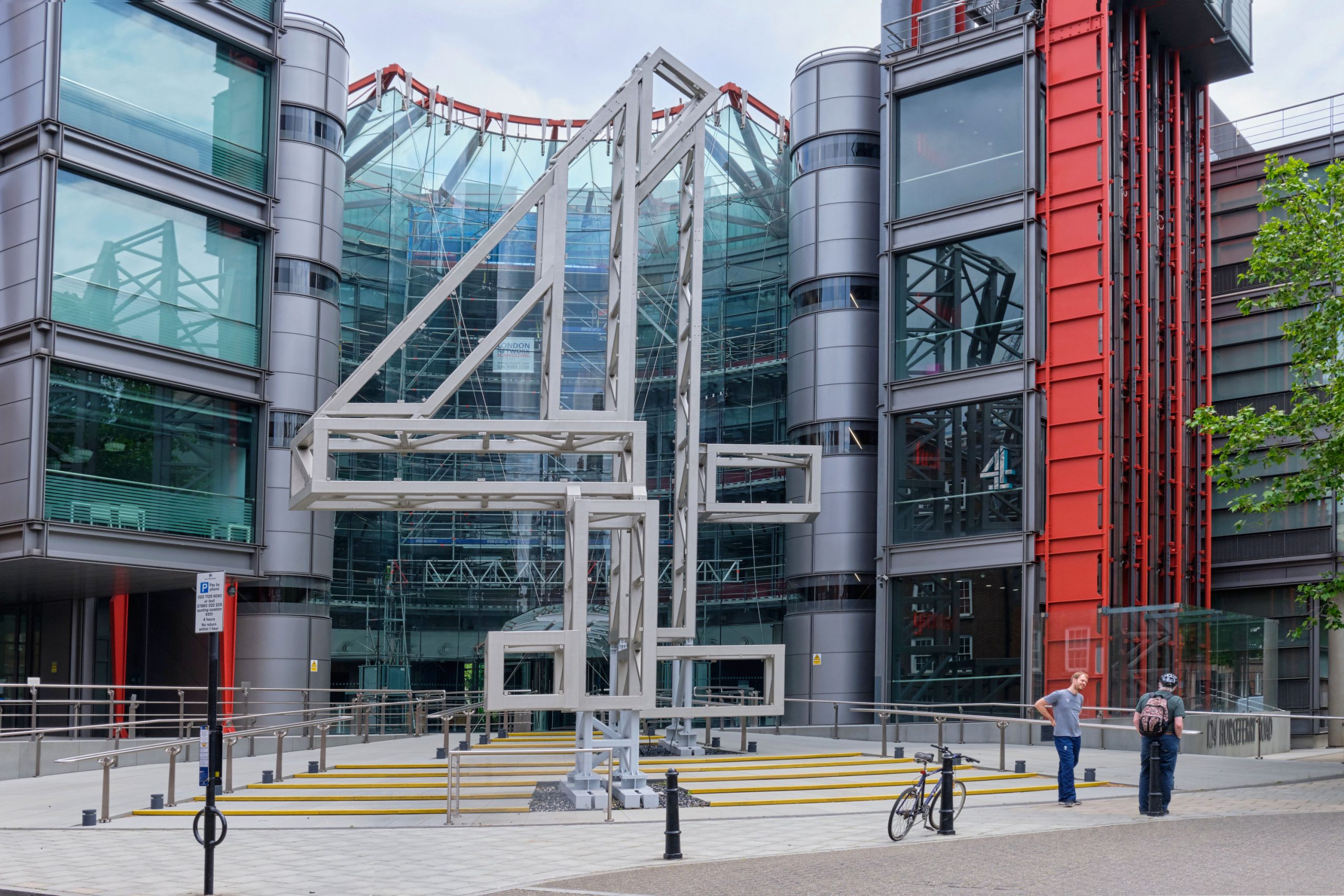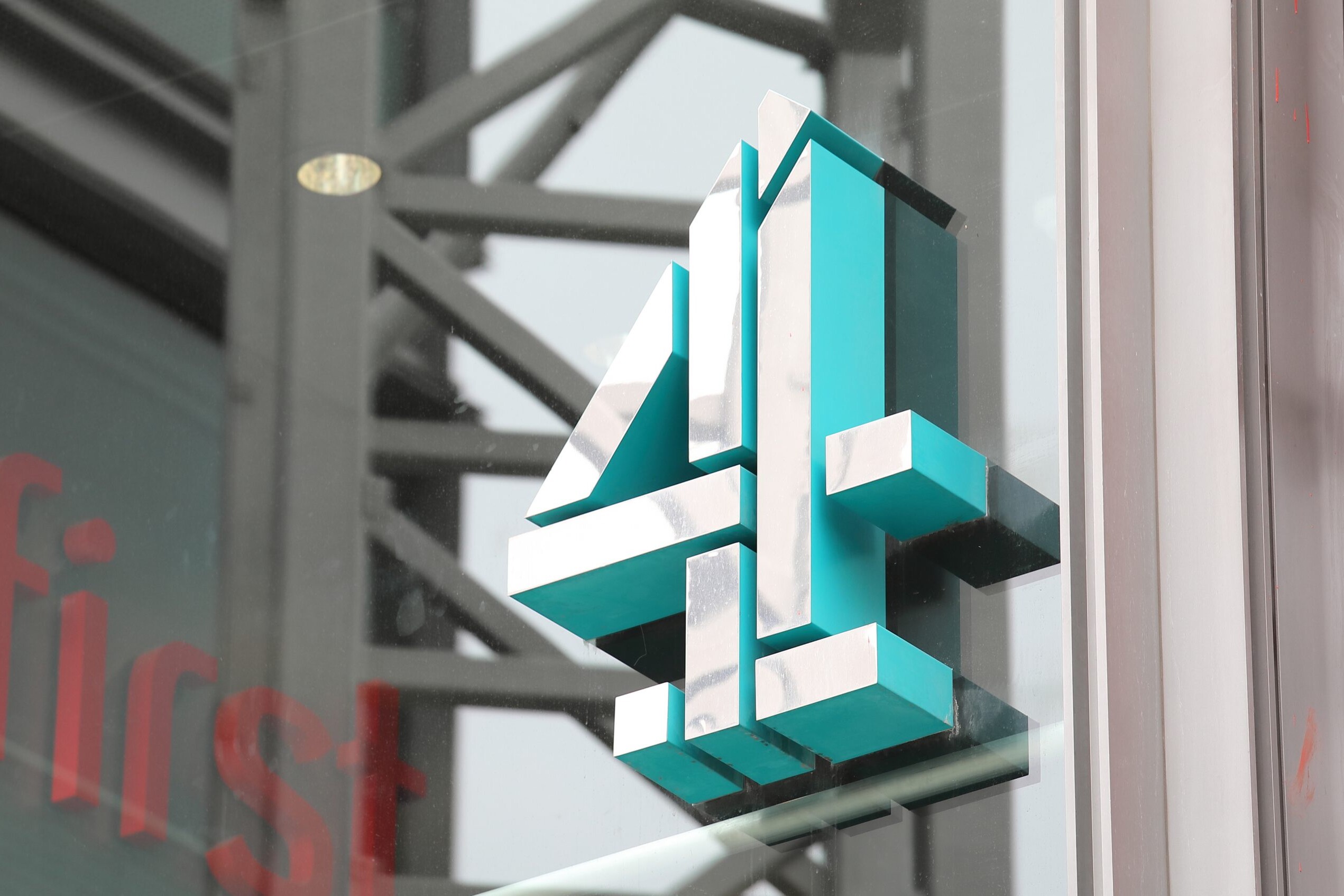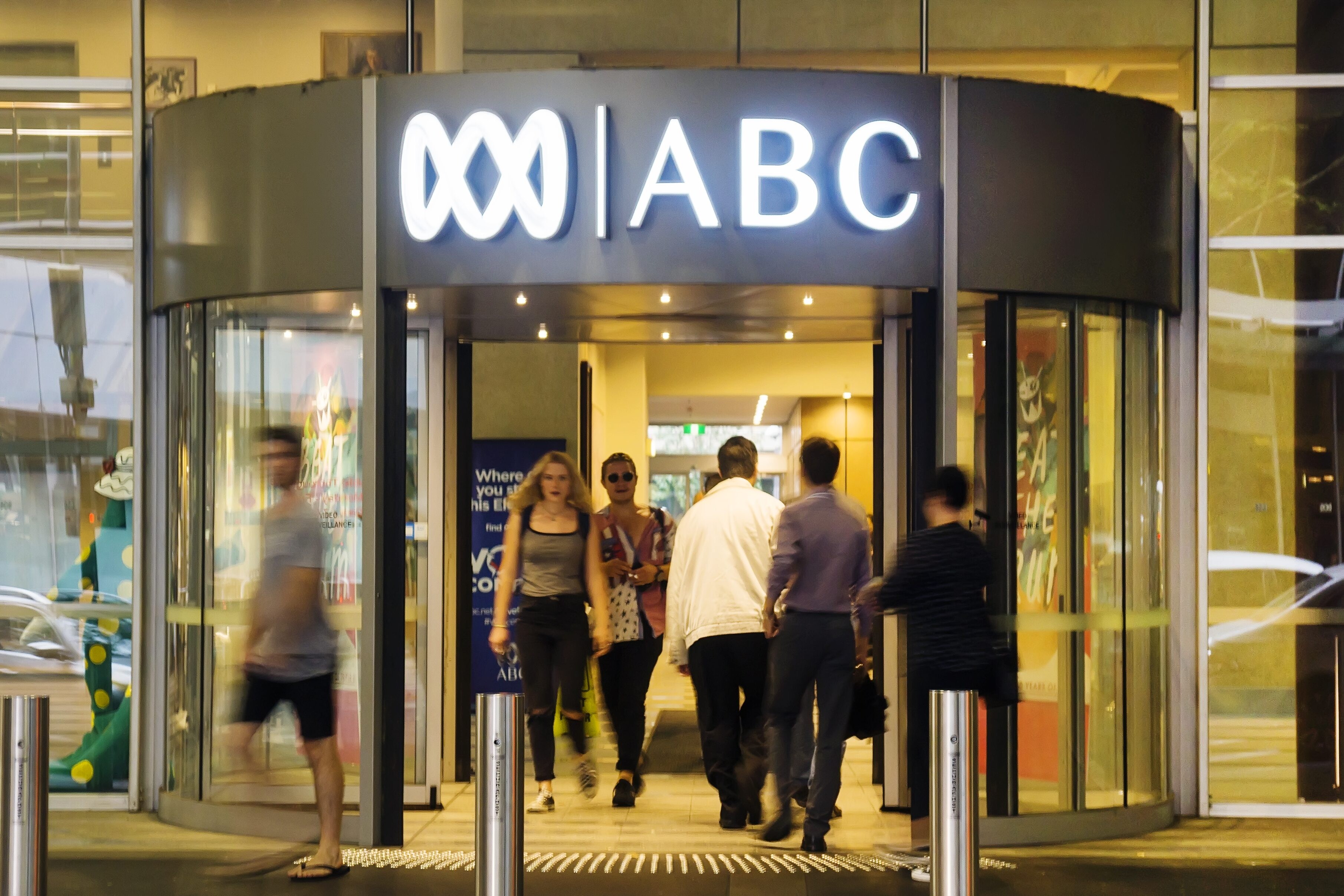It will be the first time a broadcaster has featured an all-disabled presenting line-up for a major sporting event, demonstrating the value of public media.
Every member of Channel 4’s presenting line-up for this year’s Winter Paralympics is disabled, the UK public media organisation, Channel 4, has announced. Not only is this a first for the Paralympics, but according to Channel 4, it will also be the first time ever for a world class sporting event.
Channel 4 – a publicly-owned, commercially-funded, non-profit organisation – has broadcast the Paralympics on free-to-air television since the London 2012 Paralympic Games.
Seven presenters will be fronting the coverage, which is promising 80 hours of television across the two weeks. The presenters include Ade Adepitan who will front the daily highlights show, and former rugby player Ed Jackson and Paralympian Lauren Steadman will lead the breakfast programme.
The Paralympics is a global sporting spectacle and is to be enjoyed by everyone. But the stories of Paralympians should be matched by representation of disabled presenters in the television and radio studios. Channel 4’s recognition of this, and the steps it has taken to address it, is commendable. Public media has an obligation to represent all sections of society.
“They are exactly what public sector broadcasting is all about, having the bravery to say: ‘we will be the first to do that'” – President of the IPC, Andrew Parsons
“This is testament to the brilliant disabled presenting talent we have in the UK,” said Channel 4’s Director of Programmes, Ian Katz, “and underlines our commitment to providing opportunities for people with disabilities and making our output truly representative of the entire population. We are … proud of what we have achieved since London 2012, shifting perceptions of disabled people and bringing world-class sporting drama to our viewers through our significant investment in coverage and award-winning marketing campaigns.”
Channel 4 has paved the way for disability representation within media organisations. In June 2021, it unveiled its ‘engage and enable’ disability strategy, which was focussed on “driving structural shifts across the industry to increase disabled representation on and off-screen.” Since then, the broadcaster has published “Best Practice Guidelines” for the TV industry on how to work with disabled talent, and also announced a new mentorship programme for mid- and senior-level off-screen disabled people working in TV production.
Channel 4’s feat of being able to put on a 100% disabled presenting team for the Paralympics was recognised by Andrew Parsons, the International Paralympic Committee President.
“They are exactly what public sector broadcasting is all about, having the bravery to say: ‘we will be the first to do that’,” he said. “This latest landmark decision is important because representation matters. There are over 15 per cent of persons in Great Britain with a disability and they should be able to switch on a TV and see wonderfully ordinary persons with disabilities like them in front of the camera.”
Whether Channel 4 should remain in public ownership is currently under debate, with some reports alleging the current UK government is in favour of privatisation. The Public Media Alliance is vehemently opposed to such a move. Channel 4 provides a very specific public service, which differentiates it to other public media organisations, and also significantly contributes to the wider media ecosystem.
Read more: Channel 4 must remain in public ownership
Support for keeping Channel 4 in public hands has been widespread, and over the weekend, a group of MPs from the Prime Minister’s own party showed their opposition to privatisation in a letter sent to the PM himself. The MPs pointed towards the immense value Channel 4 has, and the support it gives to smaller production companies.
“It is in many ways an engine of small production company growth outside the M25, giving a platform to regional businesses, which we should be nurturing and growing,” the letter read. “Regional voices have long struggled to break into the broadcasting landscape; Channel 4’s current ownership structure ensures more will be heard. In doing this, it plays a crucial role in supporting British businesses in one of the UK’s most internationally successful and iconic industries. To put it simply: Channel 4 isn’t broke, and doesn’t need fixing.”
The all-disabled line-up epitomises why it is so imperative that Channel 4 remains in public hands. As a public service broadcaster, it can put its stakeholders above its profit margins. Channel 4 – with its specific remit to provide content for minority groups – provides an immense service to the disabled community. Few outlets match its on- and off-screen representation, consideration, and inclusion of the disabled community.
There is a significant risk this could be lost were the organisation to be privatised. A new owner might look to stop the channel’s Paralympics coverage, The Guardian reported. “The Paralympics was made for a TV station like Channel 4,” said former the broadcaster’s Chairperson, Lord Burns, “with people who can take risks, people whose remit requires something that is different.”
A diverse, inclusive, and ground-breaking broadcast of this year’s Winter Paralympics aligns with this mission, and for the sake of the public, it would be devastating if it was taken away.
Header Image: London, England, Uk, May, 16th, 2020. Channel Four Television Centre closed during Lock down. Credit: Kevin Cole 44 / Shutterstock.com
Related Posts
25th June 2021
What the public stand to lose if Channel 4 is privatised
The UK’s public media landscape has…
15th November 2019
ABC Australia releases new inclusivity and diversity plan
The Australian public broadcaster, ABC,…



